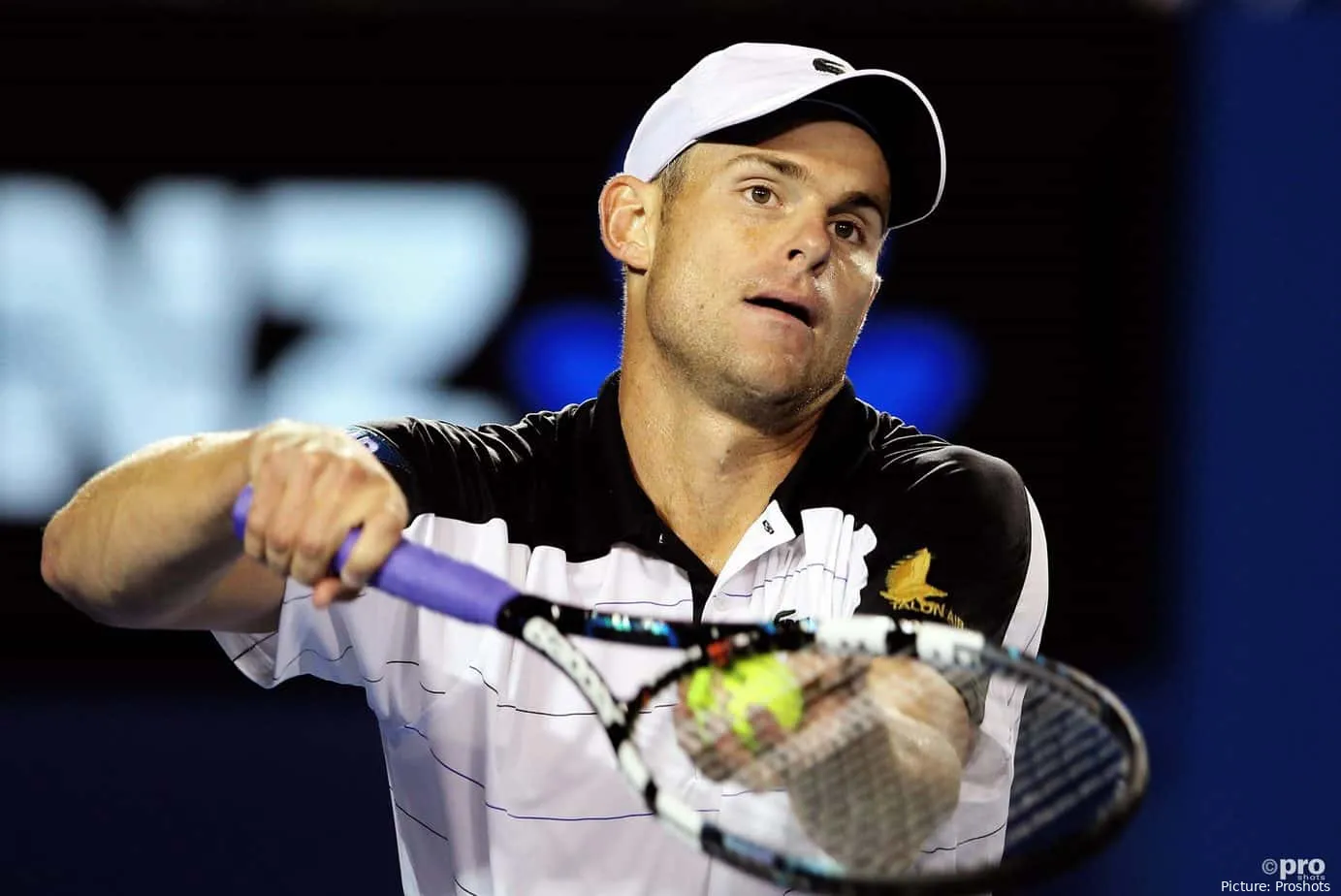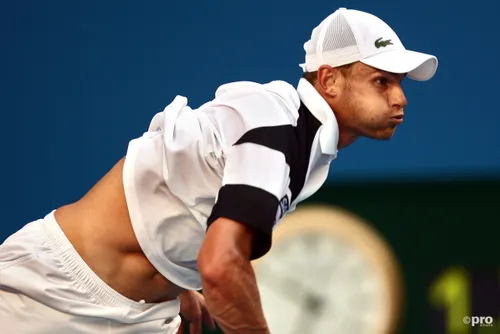Andy Roddick discussed "behind the curtain of the Money in Tennis," alongside sports agent Max Eisenbud and journalist Jon Wertheim, delving into how prize money and player financing operate from within. The episode on Roddick's podcast, "Served with Roddick," delved into the challenges that most tennis players face in funding their careers.
Roddick's first guest, sports agent Eisenbud, vice president of tennis at IMG, one of the largest sports management companies whose clients include Maria Sharapova, Li Na, Emma Raducanu, and Iga Swiatek, was featured prominently.
Andy Roddick inquired about the 'buy now, pay later' situation, referring to how players secure financing at the beginning of their careers through representation agencies and sponsors: "I would say, it easily 70% of the draw at the French Open players have had tons to work on funding, some sort of having top ay back," began Eisenbud.
"The normal is, somebody gives you the money when you become top-50 in the world, it triggers a percentage of prize money top ay that person back, then that person can make a little bit more money and then hopefully that person is out of your life."
"It's a very expensive sport, and as you get older and you start playing ITF's, you look back at how many tournaments you’re playing a year traveling to Australia, traveling here, traveling there. You want to add a physio, it just becomes very expensive. And the parents, they’re usually the ones hustling and making this all possible to give their kids an opportunity to play tennis at the highest levels," Eisenbud added.
"We waive all our commission on deals for young players because they need that money more than we do. This means all the money from racket and clothing deals goes directly to the player. We don't take a percentage of it.
"So, you get a little funding from IMG, some from companies like Nike, which are very supportive and often invest in young players. These companies also get the first right of refusal, so they're not just being charitable—they're making a strategic investment," the sports agent commented.
"By combining these sources—IMG, Nike, racket deals—you can hopefully gather around a hundred grand. For young players, we advise parents to save as much of this money as possible because expenses will only increase as the player's career progresses. We spend a lot of time on this."
"When we're signing young players, the first thing we do is secure funding. Some of this funding comes from IMG, and we have a small fund mechanism for investments, but it’s not enough to cover everything. We then approach clothing and racket companies, presenting the young player and asking if they can make a deal," he added.
"If you have a young player who has an agent, it doesn't have to be IMG; any agent can help control the situation. If there's an investor involved who knows what they're doing, they can guide the process effectively. Often, if you find the right investor with a big heart who wants to help, they might just want to sit in the player box and tell their friends they helped the player. However, problems arise when a player, desperate in some country, faces a contract with no agent or lawyer present. The parents might feel pressured to accept it, leading to bad situations, and that's unfortunate."
"I can't believe that anybody if you put up x amount of dollars and then you got paid back and then you made some more money nobody should be paying percentage of your prize money for life I don't believe in that and I don't think a court would believe in that either," he continued.
Later in the program, John Wertheim asked Andy Roddick what happens monetarily after winning a Grand Slam, to which the former world No. 1 responded by detailing his first deal.
"I'll tell you about my first deal, and I might get some details wrong, and hopefully, I don't get in trouble," he said. "But, my base at 17 was $300K a year. I think it was a 5-year deal. After incentives for that US Open in '03, I think I was somewhere around three or four million based on incentives kicking in.
"And then that was less than the deal that I signed with Lacoste, you know, a couple of years later. And then there were different versions of that. There was a 5-year Lacoste deal, then I resigned later again, and that's before Babolat. I think one of the changes, and I wish I would have done it, because also, without giving myself too much credit, I think I had a really big impact on creating one of the bigger racket brands on Earth," the former world No. 1 added.
"If I was in that seat now, and let's say Alcaraz was playing with a racket that the American market hadn't really seen before, you know, they started in a different thing and they differentiated, I should have asked for equity. And I passed on equity deals because I wanted the money in hand. That was dumb after a certain amount of money had been made. You know, you look at Roger's deal that he came in and then they go public, that is a bigger, bigger, bigger check than any per year."

